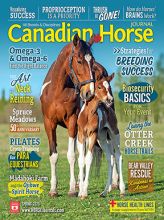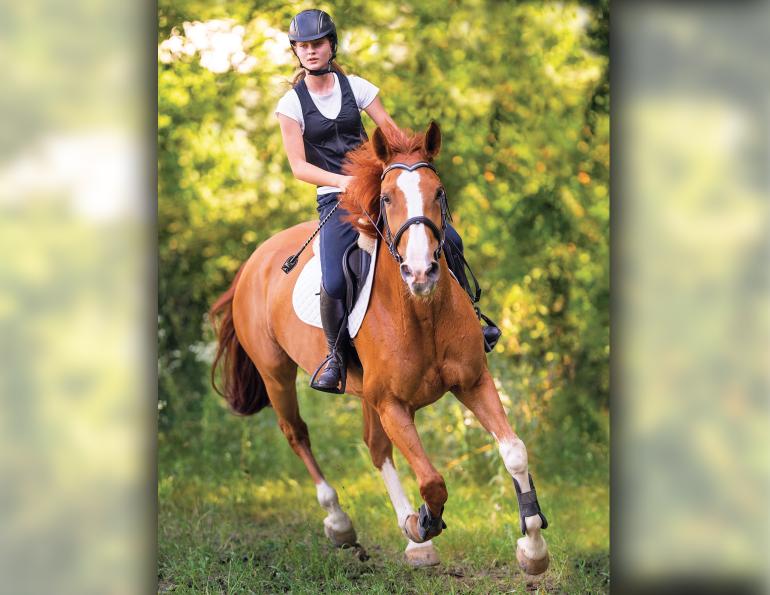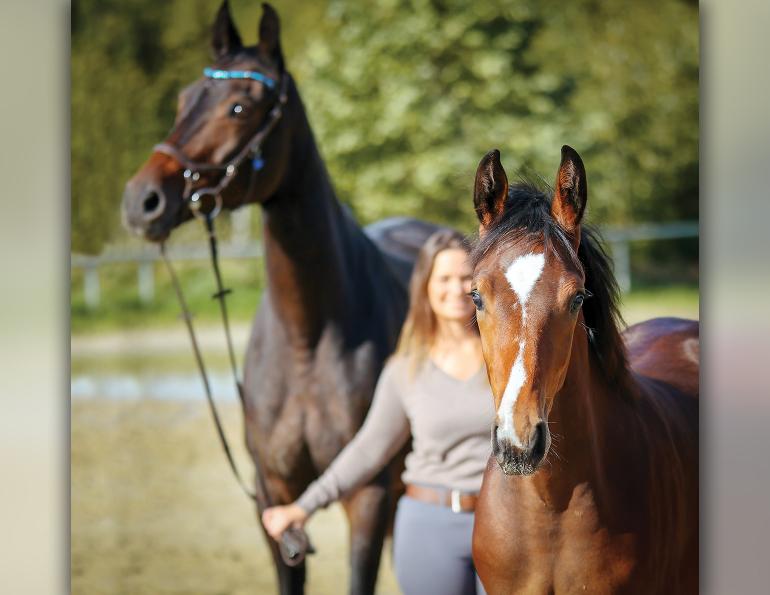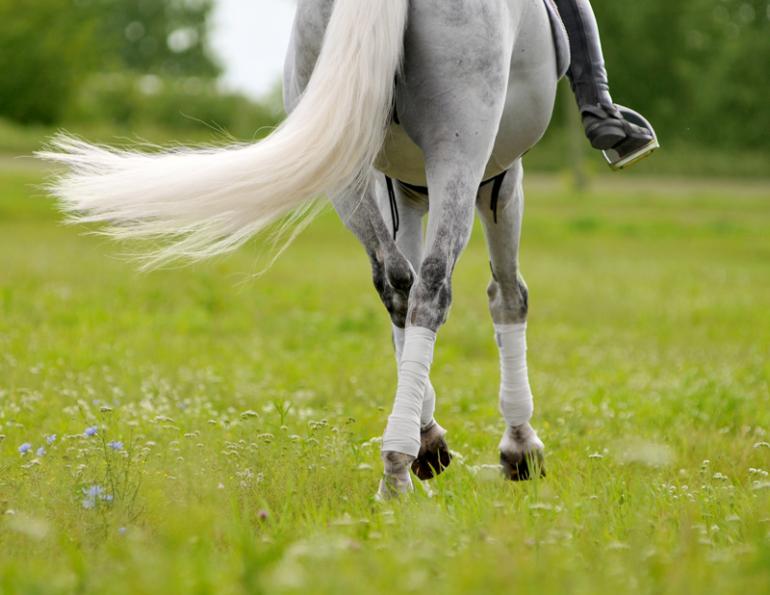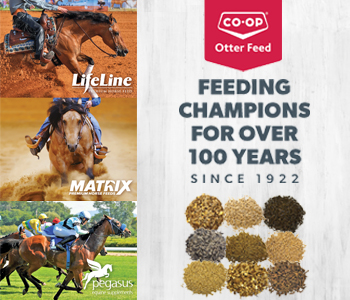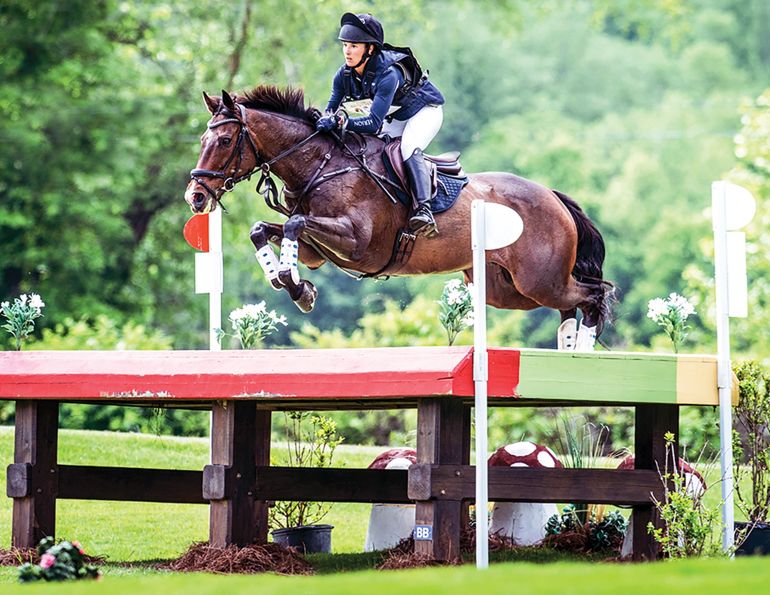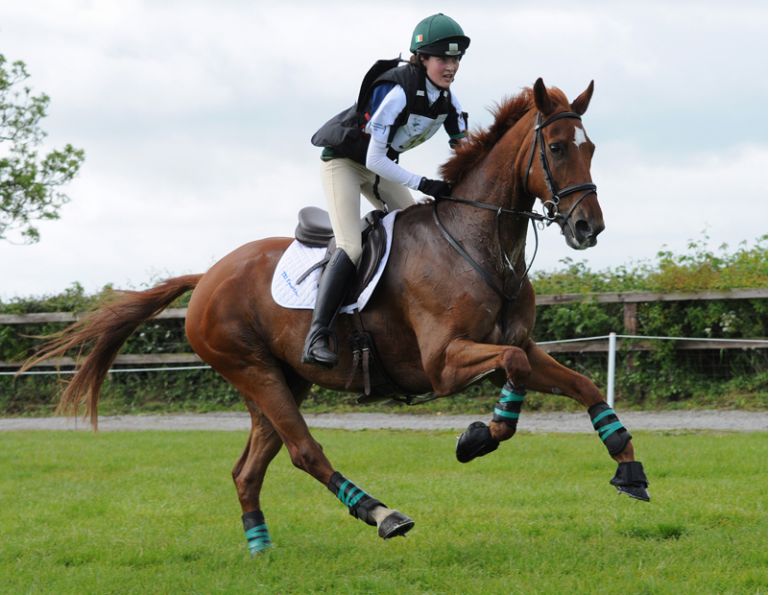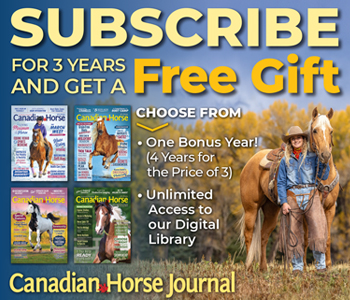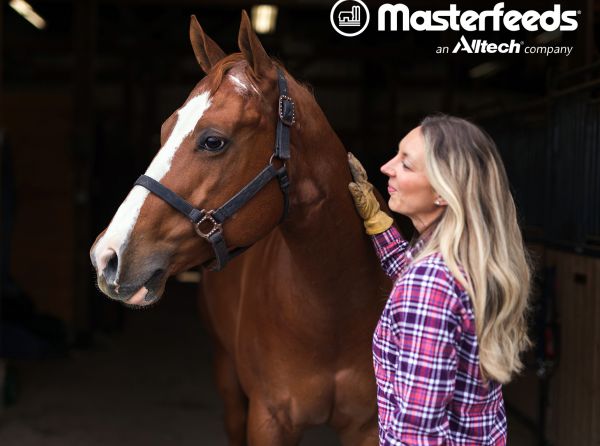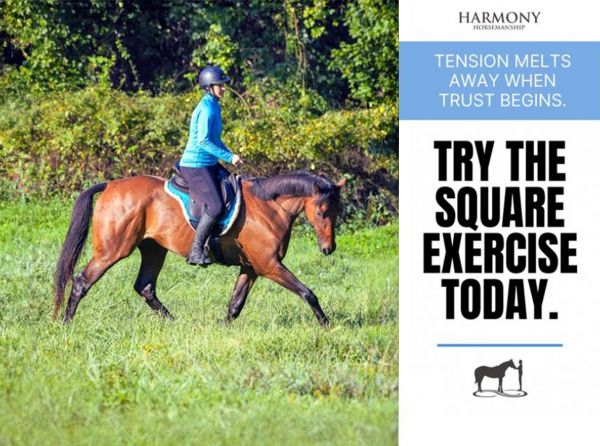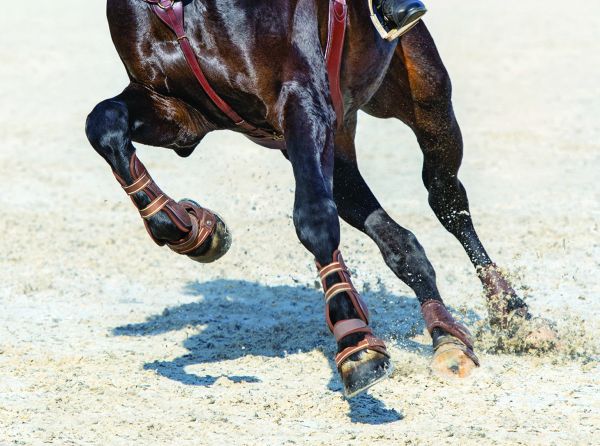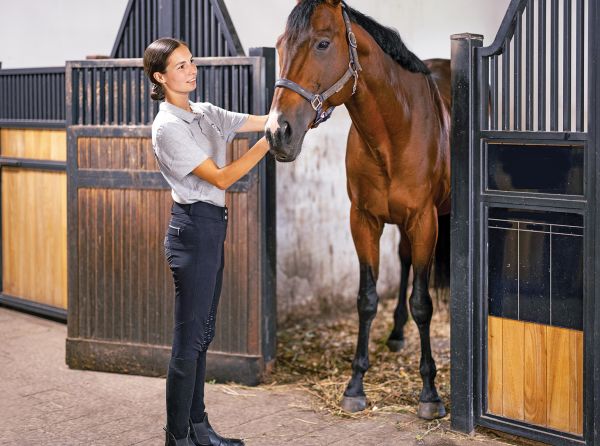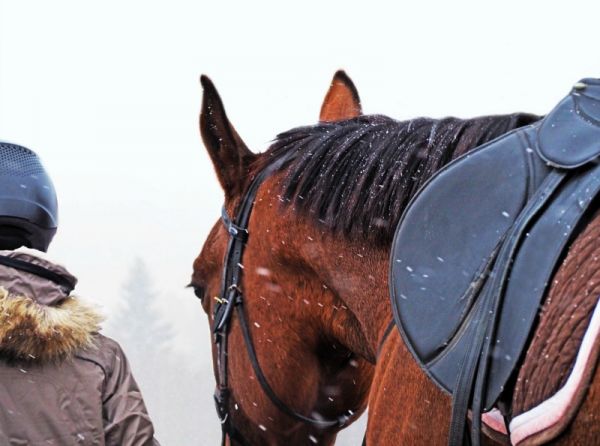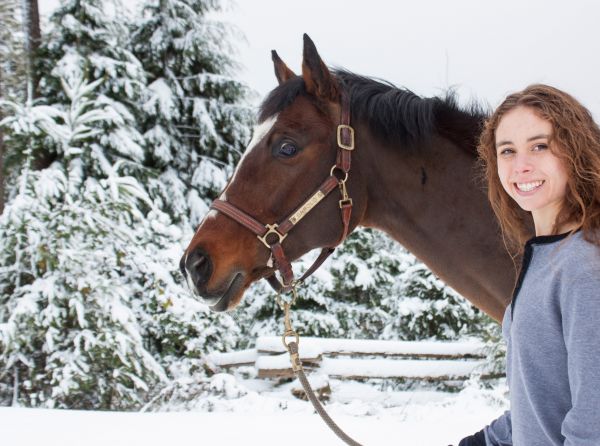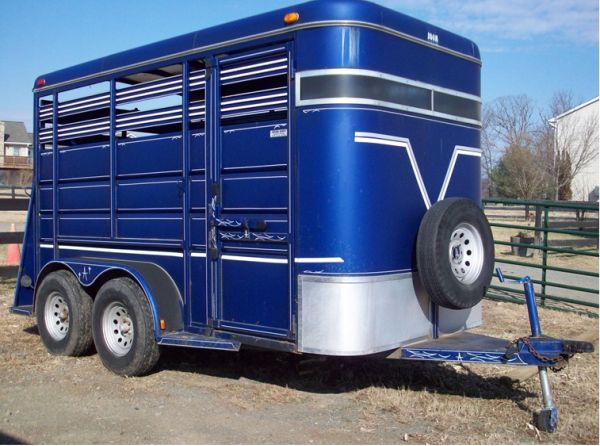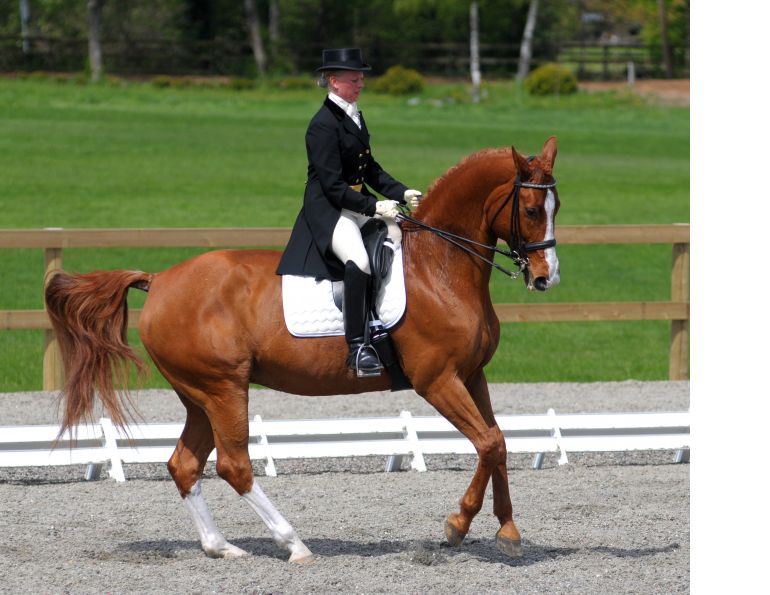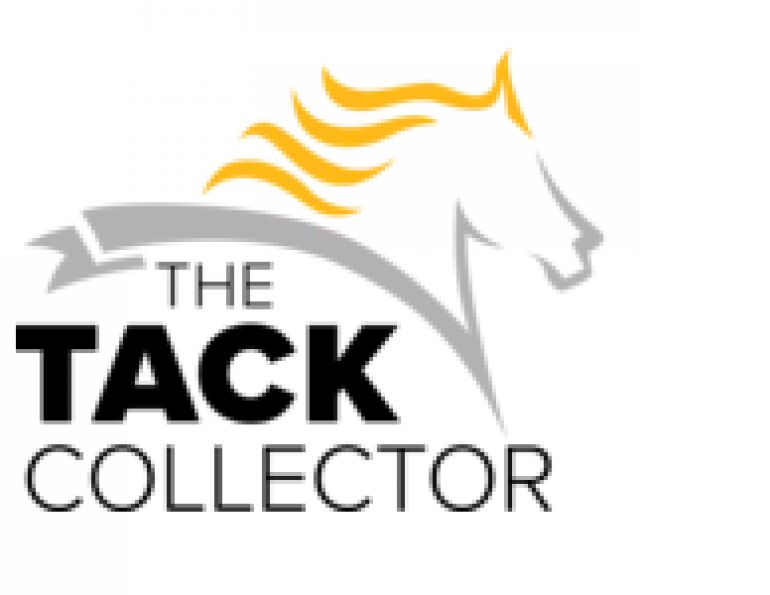Finding and Owning the Equestrian Athlete Identity
By Annika McGivern, BA Psychology, MSc Sport and Exercise Psychology
At its core, equestrian sport is a partnership between horse and human. This relationship is unique, and it affects both the culture of the sport and our identity as athletes. Today, we are going to look closely at our equestrian athlete identity.
After years of riding competitively and coaching, I believe that the human athletes in our sport do not generally think of themselves as athletes. We are riders, horse people, equestrians… but rarely athletes. Most horse people consider their horse to be the real athlete, and the majority of their nurturing is directed at their horse. Yet in theory, many would also acknowledge that to be successful, we must nurture both sides of the partnership equally.
If, as most definitions suggest, an athlete is anyone trained in a sport that requires agility, strength, and stamina, then there is no question that riders are athletes, regardless of whether they compete. If you have the goal of improving your skill as a rider, you are an athlete. Accepting the athlete identity shifts our perspective. It does not make our horses any less important or lesser athletes themselves; instead it allows us to consider ourselves as equally important, in ways that significantly impact our well-being, our success as riders, and our horse’s experience when working with us.

Just as you allow your horse some time off to rest and rejuvenate, prioritize your own well-being so both you and your horse can be at your best during your time together. Photo: iStock/Mlenny
If we do not think of ourselves as athletes, we won’t treat ourselves like athletes. If we don’t see ourselves as an important element of the partnership, we won’t invest in ourselves by looking after our bodies and our minds with the same care and attention we give our horses. Because of this, equestrians often end up mentally and emotionally exhausted by their sport, which directly impacts performance ability. This exhaustion can also have a negative impact on day-to-day efforts to improve ourselves and our horses. At the end of the day, if we are mentally, emotionally, and physically burned-out, we cannot be the rider and partner our horse deserves to have. We cannot be the most successful, high-performing version of ourselves.
As the decision-making side of the partnership, our state of mind is critical to the partnership’s success. If we are not clear-headed, grounded, and fully in the present moment, the risk of making bad decisions skyrockets, with obvious negative consequences for our performance. Decision-making aside, consider the impact our emotions have on our horses. Our equine partners are emotional sponges, soaking up whatever feelings are influencing us, and reflecting them back to us in subtle — or not so subtle — ways. Because we set the tone for these interactions, the ability to understand and regulate our own emotions is a key mental skill for equestrian athletes. Our state of mind controls all these skills: emotional regulation, focus, being grounded, being present, and much more. However, this critical piece of preparation is often forgotten amidst the many demands of training in horse sports, and underprioritized due to our tendency to credit our horses as the most important part of our team. If we do not see ourselves as an equally significant element of the partnership, then why invest in ourselves? Unfortunately, this type of thinking results in so many equestrians struggling to progress in their riding or feeling a lack of control over their improvement and success.
This is not to suggest that horse care is not important, only that self-care is equally important. As an athlete, I have personally experienced the way an exhausted mind can sabotage even our finest efforts. Despite the best training and preparation, it can be incredibly challenging to succeed when your mind is tired, depleted, anxious, and full of self-doubt. As a coach, I have seen the frustration of clients when their hard work does not produce results in the ring because of anxiety and low confidence. As a mental performance consultant, I have come to understand the power and inevitable influence that our state of mind has on our success. With poor mental preparation, we can be thrown off course by the smallest of bumps in the road. But with excellent mental preparation we can succeed and progress regardless of the situation.
Below are examples of the negative effects of not looking after our state of mind. Have you experienced any of these?
- Rollercoaster of emotions
- Sense of no control
- Hopelessness
- Always playing catch up
- Poor recovery from setbacks
- Overwhelming sense of failure
- Not enjoying riding anymore, or as much
- Inconsistent riding aides
- Unfair frustration with your horse
So, how do we begin to shift this identity within ourselves? How do we find the time inside our busy, hectic, horse-loving lifestyles to prioritize our well-being? What does a healthy and helpful state of mind for equestrians even look like?
Below are some examples of the benefits of learning to manage our state of mind. When in your life have you experienced these?
- Emotional stability (fewer up and downs)
- Quick recovery
- Ability to turn setbacks into opportunities
- Maximizing opportunities
- Maximizing effort in training
- More consistent results
- Consistent aids, empathetic riding
- Stronger relationships with our horses
Manage Your State of Mind
The first step is to start thinking of yourself as an athlete and describing yourself to others as one. Even this small change will start to influence how you perceive yourself and begin to affect your choices around self-care. Working on our identity and state of mind is best done in small bits over time, and can be worked into any schedule. It is less about doing things differently, and more about thinking about things differently. Like all changes, this will take awareness and practice and lots of repetition, but the change will happen if you work at it.
These exercises will get you started on finding a helpful state of mind within yourself.
Exercise #1 - Learn to centre yourself before your ride.
Pause and take five breaths before you mount. Pull the air into your stomach by inhaling through your nose. Hold it there for five seconds and exhale fully, making sure the exhale is longer than your inhale. Ask yourself:
- What do I want to accomplish in this ride?
- What is the one thing I need to do to make that happen?

Before mounting, centre yourself by taking five deep, slow breaths and focus on what you want to accomplish during your ride. Photo: Shutterstock/Peter Titmuss
Exercise #2 — Shift your mindset.
When you hit a setback, frame the struggle within the bigger picture of our progress. Instead of wallowing in the feeling of failure, always tell yourself you can do it… just not yet. Adding “yet” is a small but powerful way to shift our brain from wallowing to problem solving. There is always a way to excel in the things we find difficult if we are willing to work hard. However, if we see our failure as proof that we will never be the riders we want to be, then we block our brain from figuring out how to improve. The most important belief we can hold is the belief that we can improve at anything, as long as we are willing to put in the work.
The best part of investing in yourself as an athlete is learning how to manage your state of mind. This will result in a feeling of having more time and mental freedom in the future. Think of it as a time investment. If we can learn to manage our emotional reactions, and increase our adaptability in challenging situations, we will recover faster from setbacks, spend less time spinning in anxiety and self-doubt, and enhance the quality of all of our time spent with our horses.

The best part of investing in yourself as an athlete is learning how to manage your state of mind. Photo: Shutterstock/Nadezda Murmakova
It’s time to shift our way of thinking and embrace your identity as an equestrian athlete. More equal focus on both athletes in this partnership will result in greater success and well-being for ourselves and our horses.
Main Photo: iStock/Fotokostic


